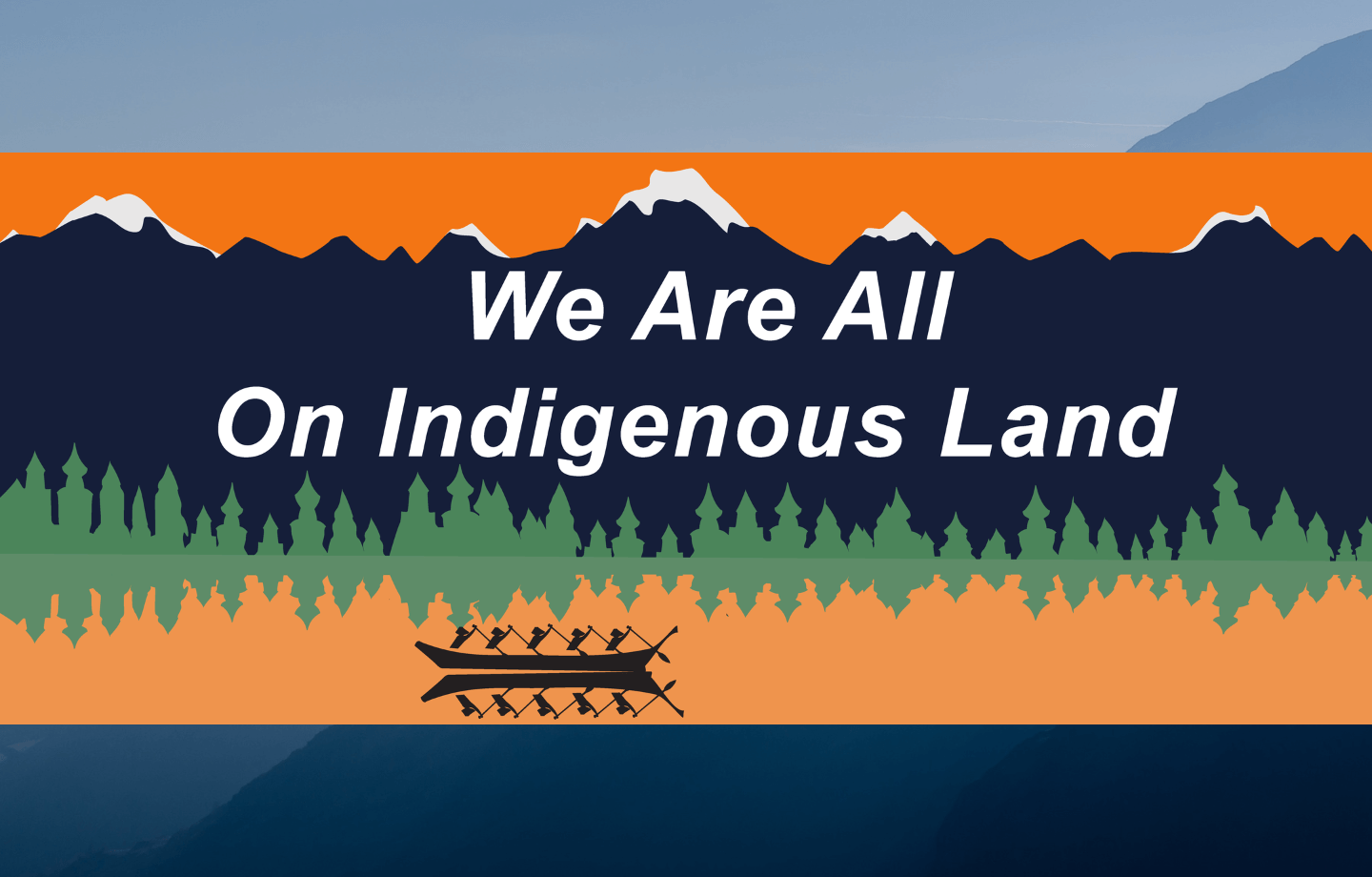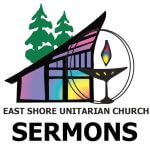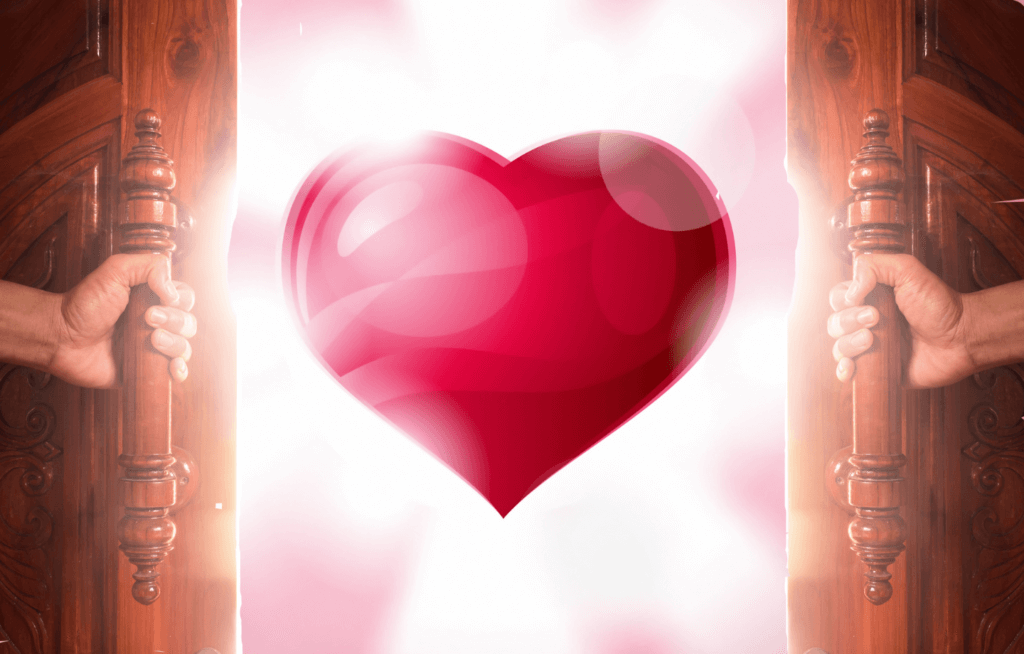
- This event has passed.
Indigenous People’s Day
Sunday, October 8 @ 10:30 am - 11:30 am


Join us as we celebrate Indigenous People’s Day and reaffirm our commitment to strengthen our connections with our indigenous neighbors. We recognize the impact of settler colonialism. We lift up indigenous ways of knowing to guide us in building the Beloved Community and practice being in right relationship with Mother Earth and all our relatives. Rev. Dr. María Cristina Vlassidis Burgoa will be preaching.
How to Attend
We encourage masks in all buildings. Read more about our In Person Guidelines here.
• To virtually attend, please Zoom in using room number 989 3107 9078, passcode: chalice.
• To phone into the service, call 669-900-6833, Meeting ID: 989 3107 9078.
For those joining, please mute as soon as you enter the room, so everyone can hear. Please note, the services will be recorded, but at this time, there are no plans to share the recording.
More Information
Religious Education for children and youth happens during worship on Sundays. Children and youth arrive in the Sanctuary for the just a little bit and welcome in Sunday with a story and song. Then, they attend their own programs in the Education building. Learn more here!
If you don’t have a chalice, but want to light one, check out our Making a Chalice at Home page.
In person services are followed by coffee hour.
Sermon Audio
Indigenous People’s Day
Sermon Text
It is estimated that there are more than 2 million Chileans who identify as indigenous. 1.7 million Mapuches, 156 thousand Aymaras, and 88 thousand Diaguitas. There are also Rapa Nui, Atacamenos, Lickan antai, Quechua, Colla, Chango, Kawesqar and Yagan.
On my maternal great grandmother’s side, my family are from the lands inhabited by Collas, Changos, and Diaguitas. Collas from the Atacama desert, and the provinces of Copiapo and Chanaral. Changos from the northern coast of Antofagasta, Atacama and Coquimbo. Changos were not recognized formally as an indigenous ethnic group until 2020.
The Diaguitas originally lived on both sides of the Andes mountains. In Chile, before the arrival of the Spaniards, Diaguitas lived in the valleys of Copiapo, Huasco, Elqui, Limari-Choapa and Atacama and Coquimbo. I have never identified with any of these indigenous groups. I have never felt that I had the right to do so. After all, I grew up in the city, speaking Spanish, and identifying only as Chilena. It was only recently within the past decade that I began to question, explore, reflect, pray, research, and reach out to my family to learn more about our family from northern Chile. The fact that I immigrated to the United States when I was 17 years old and have lived most of my life here in this country does not help when I question where do I belong? Who are my people?
Hillary Weaver writes that “ Indigenous identity is a complex subject and asks: What constitutes indigenous identity [outside of the US understanding of tribal affiliation]? Native Americans are members of sovereign nations that pre-date colonial settler societies. In settler societies, inclusion has often meant assimilation, a form of forced or coerced participation in the larger society and loss of Indigenous identity.
Weaver posits that the topic of indigenous identity opens up a sort of Pandora’s box of possibilities: tribal identity, bicultural identity, multicultural identity, ethnicity, acculturation, cultural identity, among many other variables. Self identification, community identification, and external identification are all facets of indigenous identity, all impacted and intersected by colonization and internalized oppression. [Even the terms indian, indigenous, or native are contested and charged. ] Weaver focuses on cultural identity which reflects the values, beliefs, and world views of indigenous people. Identity, she states, is a composite of many things such as region, gender, race, education, and religion. And the influence of these aspects of identity on who someone is as an indigenous person is likely to change over time.
“Identity development is a lifelong and dynamic process, involving multiple dimensions integrated in a holistic self, which are shaped by developmental stages and contexts. Positive identity has cultural and religious centrality, positive feelings regarding their affiliation (i.e., pride and closeness), closeness with families and communities, the negotiations of the negative public regard with community support (i.e. in forms of stereotypes, racism, discrimination), and connections with ancestors and non-human and spiritual realms. …[Identity Enigma Jesse King, 2011]
… Cultural identity development involves lifelong cultural awareness and understanding and often intensifies with age (Weaver, 2001). In many cultural and ethno-religious groups, in addition to self-identification, identity is associated with a sense of community and peoplehood, connected through sacred traditions and rituals, homelands, and shared histories (Weaver, 2001). …
Identities are always fragmented, multiply constructed, and intersected in a constantly changing, sometimes conflicting array.”
What does it feel like for one’s identity to be always fragmented?
How is my fragmented indigenous identity similar to and different from my once fragmented gender identity and sexual orientation?
When I was in seminary I was a teaching fellow in a class about indigenous sovereignty. One of the books we read was titled Real Indians: Identity and Survival of Native America. The book taught us about being on the brink of a new racial consciousness: questioning old ways of classifying people and replacing those with shifting paradigms and new norms for racial identity. The author, Eva Marie Garroutte, examines the changing processes of racial identification and their implications by looking specifically at the case of American Indians. From this book we learned about blood quantum, how purity is measured in order to identify who belongs and who doesn’t, tribal struggles to be recognized, losing one’s indigenous identity in urban settings, and the painful reality of so many of us who are multicultural, immigrants, raised in urban cities where to hide that part of our indigenous ancestry was a mode of survival and self protection. Eva Marie begins by saying : “ In one sense, I am just the kind of person who might write this book. I am a light skinned, mixed race person. One who found her way back in adulthood, to the Cherokee nation that her father was born in, grew up in and left. I know a great deal about scuffles over American Indian identity from both a personal and scholarly perspective. In another sense, she continues to say, I am an unlikely person to write this book. As such perhaps it would more likely have been written by someone whose more indisputable racial authenticity seemed to confer upon her a greater authority to speak on such a difficult question as race and identity. The question of racial authenticity has been gaining greater currency and needs to be explored.” Growing up in Chile, I learned that the worst epithet that one could use against another was to call them indios. We were taught about indigenous people in our history classes as if they no longer were alive. We were also told that there were only certain legitimately recognized indigenous groups. There was no room for multiculturalism or the recognition of the result of the colonization process, or the mere assertion that our world had become more complex and diverse than our text books prescribed. Implicit in our lessons was the notion that if you did not live in a specific geographical region, speaking an indigenous language, you were not indigenous at all. You could distance yourself from that heritage because you lived in an urban area, spoke Spanish, and no governmental agency would recognize you as an indigenous person. So we were taught to develop a national pride rooted exclusively in our identity as Chilena/Chileno. We learned that patriotism meant denying our indigenous roots. We learned that speaking perfect Spanish was a ticket to better opportunities. We learned that wearing clothes imported from the United States was modern and cool and that true culture was to be found in Europe. We learned to reject the hand woven sweaters, the embroidered blouses, the colorful ponchos and hats knitted with alpaca wool, our traditional music and dances and religious ceremonies.
Back then, I didn’t know about the Doctrine of Discovery, or the role of the church in the process of doing away with indigenous people and cultures, I didn’t know that our Mapuche warriors fought back against the Spaniards and then the colonial Chilean government for three centuries to protect their land, their rivers, their trees, their families and ways of being. They are still fighting!
I didn’t know then that the land where my maternal great grandmother was born in what was once part of the Inca empire, that Northern Chile was once Peru, and that the Aymara, Quechua, and Diaguita people influenced our language, our farming, our relationship with nature and animals, and our spirituality.
It took me decades, actually until very recently, to be able to claim my indigenous heritage, my mixed blood, my multicultural ancestry, my impure blood quantum, because I didn’t feel authentic enough. It wasn’t until 2015 at the General Assembly in Portland, that I was invited to participate, along with other UU religious professionals who identify as Latinx/multicultural/indigenous, in the opening ceremony welcoming Lummi Nation leaders. We opened the welcoming ceremony with the following invocation and song:
“We gather in the presence of all that is most holy: the sky above us, the bright sun, the moving river, the great mountain, the love that moves in and among us, the Great Spirit of Life that holds all. We gather to bear witness. We gather to offer up our commitments to our beloved planet Earth and all her beings. We gather to make real change.
As we light our chalice, let us receive three breaths together. Breathe in…breathe out. I am here. Breathe in…breathe out. You are there. Breathe in…breathe out. We are together.
Come, let us witness together.”
Jewell Praying Wolf James, Lummi Elder and climate justice activist, said: “We’re here to work together to form an alliance and protect the earth for the next generations,”
When it was my turn to speak, no one asked to see any papers, or any proof of my indigenous heritage. I expressed my gratitude for the words spoken and said that as Unitarian Universalists, we need to be leaders in this moral struggle to protect our environment, including the people. That the solutions we work for must be grounded in authentic community partnerships with our indigenous neighbors. For too long our movement has looked only at a single piece of the larger puzzle, instead of grounding ourselves in the intersections of environmental degradation with racism, classism, ableism, and more. I echoed our call to be in solidarity, and to collective action.
As I look back on that ceremony, I realize how healing it was for me to identify as multicultural and Latinx indigenous. And how proud I felt of our Unitarian Universalist faith that recognizes strength and beauty in diversity, that encourages us to live into our authentic intersectional selves, and that supports our ongoing unfolding of identities to make us whole. Ours is a faith tradition that offers hope as we embark on spiritual journeys that include developing relationships with our indigenous neighbors. This also includes recognizing that among us there are many people who identify as multicultural, who might be wrestling with their own intersectional identities not only indigenous but queer, transgender, non binary, pansexual, or ways of being in the world and creating families that are often shunned or judged negatively such as polyamory. Or perhaps there may be people wrestling with the intersection of their gender, sexual orientation, class, race, and immigration status. Asking themselves: Am I that? Can I call myself that? Who gets to decide? Who is there for us when we are wrestling with these questions? Who are my people? The people who will never ask to see my passport, my visa, my id papers, or ask me to justify my existence in order to afford me the dignity of embracing who I am. The people who will not count my blood drops or test my indigenous language skills, or tell me where I do and do not belong. The people who will encourage me to claim all of who I am. Are there people who romanticize being indigenous, who are superficial in their exploration of self, who claim indigenous connections without accountability? Yes. And our role is not to be the identity police. Our role as a community is to help people journey, to support people in search of self and cultural connections, bearing witness as people define who they are for themselves within ethical and accountable frameworks. This brings us back to the question of autonomy and the struggle for self determination.
In an article by Megan Murdock Krischke, she asks:
Have you ever felt hesitant to claim your Native roots? Do you, like me, have very little history with or knowledge of your tribe or cultural ways?
Megan writes as one who grew up disconnected from their Native culture, unsure if it’s even okay for them to claim that heritage. Feeling inadequate and insecure, having a sense that they ought to know something that no one ever taught them.
Claiming your place in the family, she writes, can be very affirming for people who feel disconnected from their native heritage. She remembers being moved to tears when she witnessed someone affirming their indigeneity in public for the first time. Claiming our place in our heritage honors our ancestors. Those who loved us into being. Being my authentic self is a responsibility. But how do we claim a culture when we know so little about it? Megan reminds us that many of us don’t know our culture because somebody worked very intentionally to separate our ancestors from their land, their language, their religion, cultural practices, and even their families.
How can we forget that once upon a time in the not so distant past the government and the church espoused the belief: “kill the indian and save the child” In the measure that we relearn our indigenous culture, we honor the sacrifice that our ancestors made so that we could be here. Unlearning and relearning as we decolonize ourselves heals generational trauma. Healing includes listening to the stories. Learning about the history, religious practices, and culture of our families. And learn about the issues they are facing. According to Megan “being relationally connected and committed to being a blessing to your community speaks more about your identity than your blood quantum does.”
What I have learned so far is that in exploring, questioning, researching, and journeying into my own indigenous identity, I have experienced closer family connections, listened to stories about my ancestors, appreciate the music of the Andes as the music of my heart, and most of all, have felt moved to tears at the realization that my family and I today can claim that beautiful part of ourselves with joy and pride. Yes, we mix Catholic prayers with ofrendas to Pacha Mama, no we don’t speak any indigenous language, but we as a family have reclaimed important ceremonies and rituals to honor our ancestors. That is a blessing and a beautiful gift I can now offer my son and you, my community.
On this Indigenous People’s Day and every day: We are grateful. We are still here, we are still praying to fire, water, air, and Mother Earth. We call the rivers, the trees, and the mountains relatives and recognize their personhood and right to exist. We value community and interdependence. We hold within ourselves the wisdom of our elders and their recipes for good medicine for healing body and soul.
May we continue to honor our commitment to nourish our partnership with our indigenous neighbors. May we be open to learning their ways of being. Together, we can bring healing to ourselves, our families, our communities, and the world. Amen and Blessed Be.
More Videos


